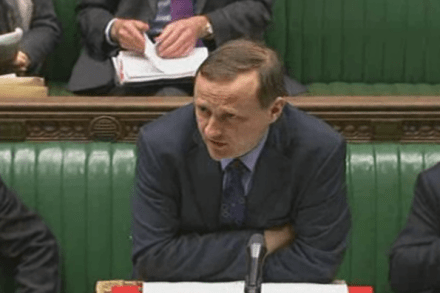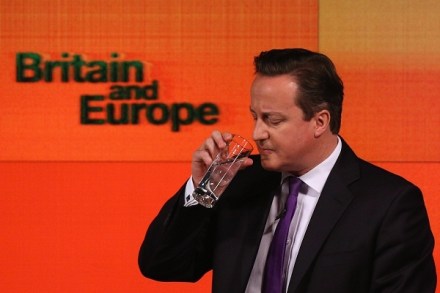Morrissey and Johnny Marr Explain Scottish Independence… – Spectator Blogs
There are only 600 or so days to go until Scotland has its referendum on independence. The excitement is almost palpable. Fortunately The Smiths back catalogue is all you need peruse to have a keen grip on the defining stramash de nos jours. Morrissey has always fancied himself, I think, as a kind of prophet. Johnny Marr wrote the tunes. Astonishing as it may seem, all sides in this rammy are, essentially, taking their cues from The Smiths. A Scottish independence playlist-dialogue might run something like this: Nationalist: Is It Really So Strange? Unionist: Barbarism Begins At Home. Nationalist: London. Unionist: Paint A Vulgar Picture. Nationalist: I Know It’s Over.




















